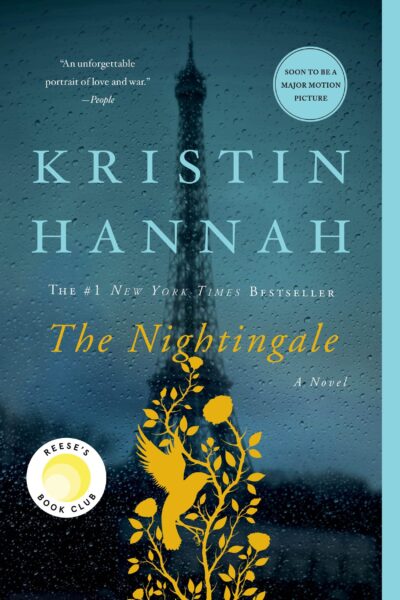Chapter 1: Her and Memories
byOn April 9, 1995, along the rugged Oregon Coast, an aging woman stands on the precipice of a major transition, reflecting on the life she has built and the memories she holds dear. Her days in “The Peaks,” the grand home she has inhabited for nearly five decades, are coming to an end, as she faces both the recent loss of her beloved husband and a grim medical diagnosis of her own. The weight of her past presses heavily on her, compelling her to embark on one final journey through the relics of her life, stored away in the dust-laden corners of the attic.
The attic is a world unto itself, filled with forgotten possessions and the whispers of bygone years, the scent of aged wood and timeworn paper permeating the air. As she steps carefully across the creaking floorboards, she navigates through old cribs, rocking chairs, and boxes stuffed with holiday decorations, each item sparking a flicker of nostalgia. Her hands eventually settle on an old steamer trunk, its surface worn with age, adorned with travel stickers from distant places, a forgotten relic that has remained unopened for three decades.
With measured breaths, she unlatches the trunk, peeling back layers of her past, uncovering delicate baby clothes folded neatly atop letters, journals, and keepsakes she has not seen in years. Faded poetry books rest beside aged photographs, each one a fragment of a life lived fully, yet now slipping quietly into history. Among the assortment of memories, her fingers trace the edges of an old identity card, its paper brittle with time, the name “Juliette Gervaise” standing out against its yellowed background—a name tied to another time, another version of herself.
The sight of the identity card evokes a flood of emotions, unlocking a door she had long since closed, forcing her to confront the weight of choices made and the echoes of a war that shaped her fate. Memories surge forward—of love and sacrifice, of resilience and loss, of the people who walked beside her and those who faded into the shadows of time. The attic, once merely a storage space for forgotten relics, has now become a gateway to the past, a place where history breathes again in the silent company of keepsakes and ghosts.
Her quiet reverie is interrupted by the voice of her son, who has climbed up to check on her, his concern evident in the way he watches her sift through these fragments of her life. Their interaction is filled with unspoken understanding, a moment where past and present converge, where she realizes that though she is preparing to say goodbye to the physical remnants of her past, the memories themselves will never fade. He does not rush her; instead, he allows her the space to linger in the presence of the life she has built, recognizing the enormity of what she is letting go.
As she carefully closes the trunk, she understands that this journey into the attic has been more than just a practical task—it has been a reckoning with her identity, with the woman she was and the woman she has become. The house may soon belong to another, and the objects may find new homes or be lost to time, but the essence of who she is remains intact, woven into the very fabric of the stories she has lived. As she descends the attic stairs, she does so with a quiet resolve, knowing that while life moves forward, the past will always reside within her, carried in the depths of her heart.
This chapter delves deeply into themes of memory, identity, and the enduring impact of time, illustrating how the past is never truly gone but merely stored away, waiting to be rediscovered. The protagonist’s journey is not just about sorting through old belongings but about acknowledging the ways in which love, war, and personal history shape who we are. Through her quiet moments of reflection and the gentle understanding between her and her son, the narrative captures the poignancy of transition, the bittersweet nature of letting go, and the power of memory to keep those we have lost forever close.


